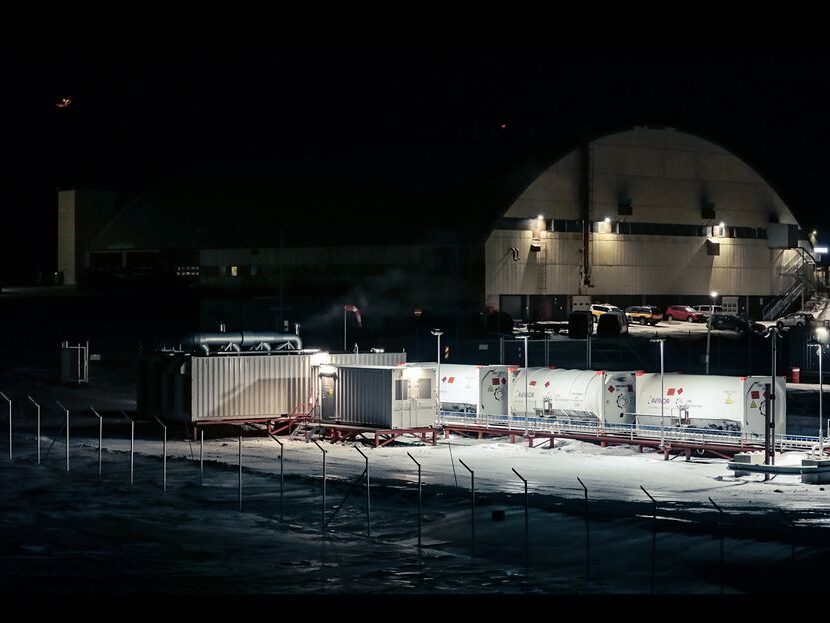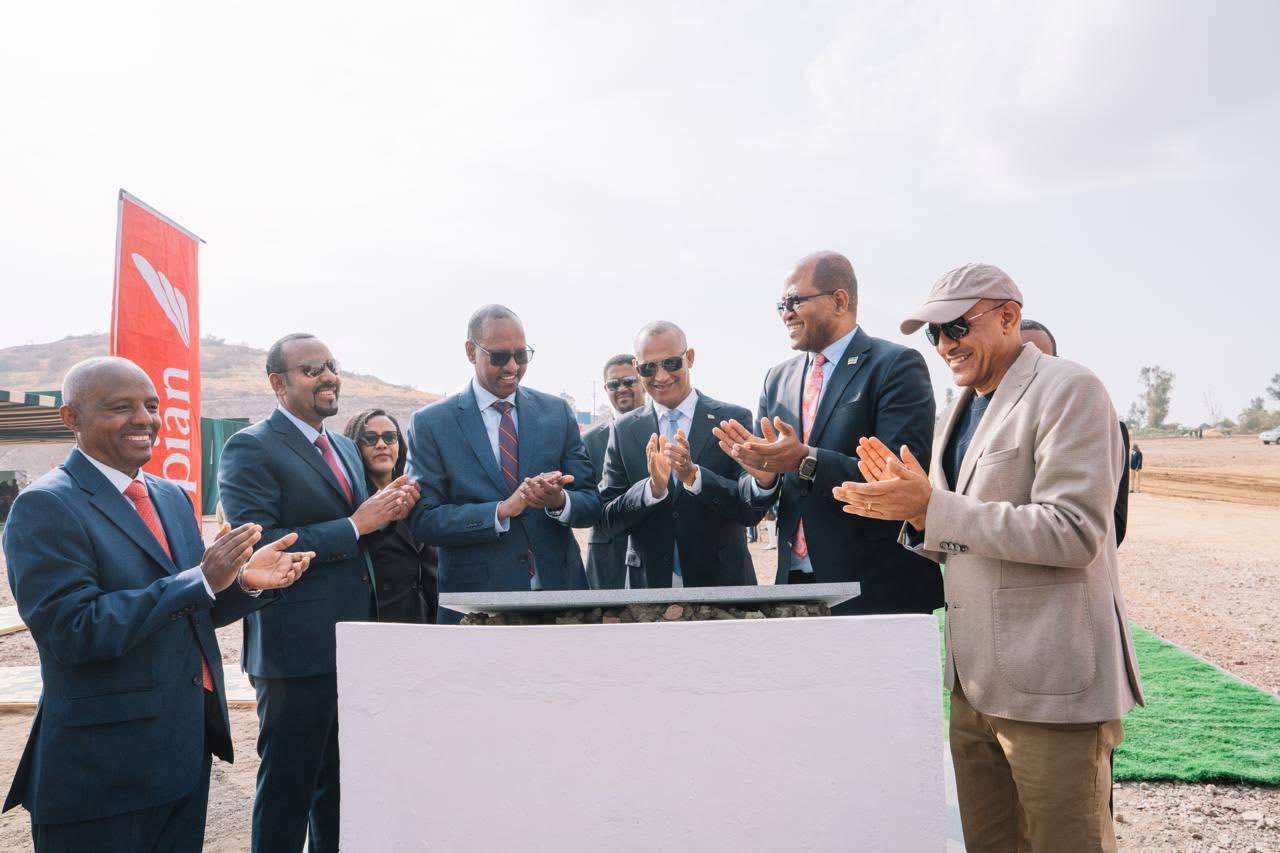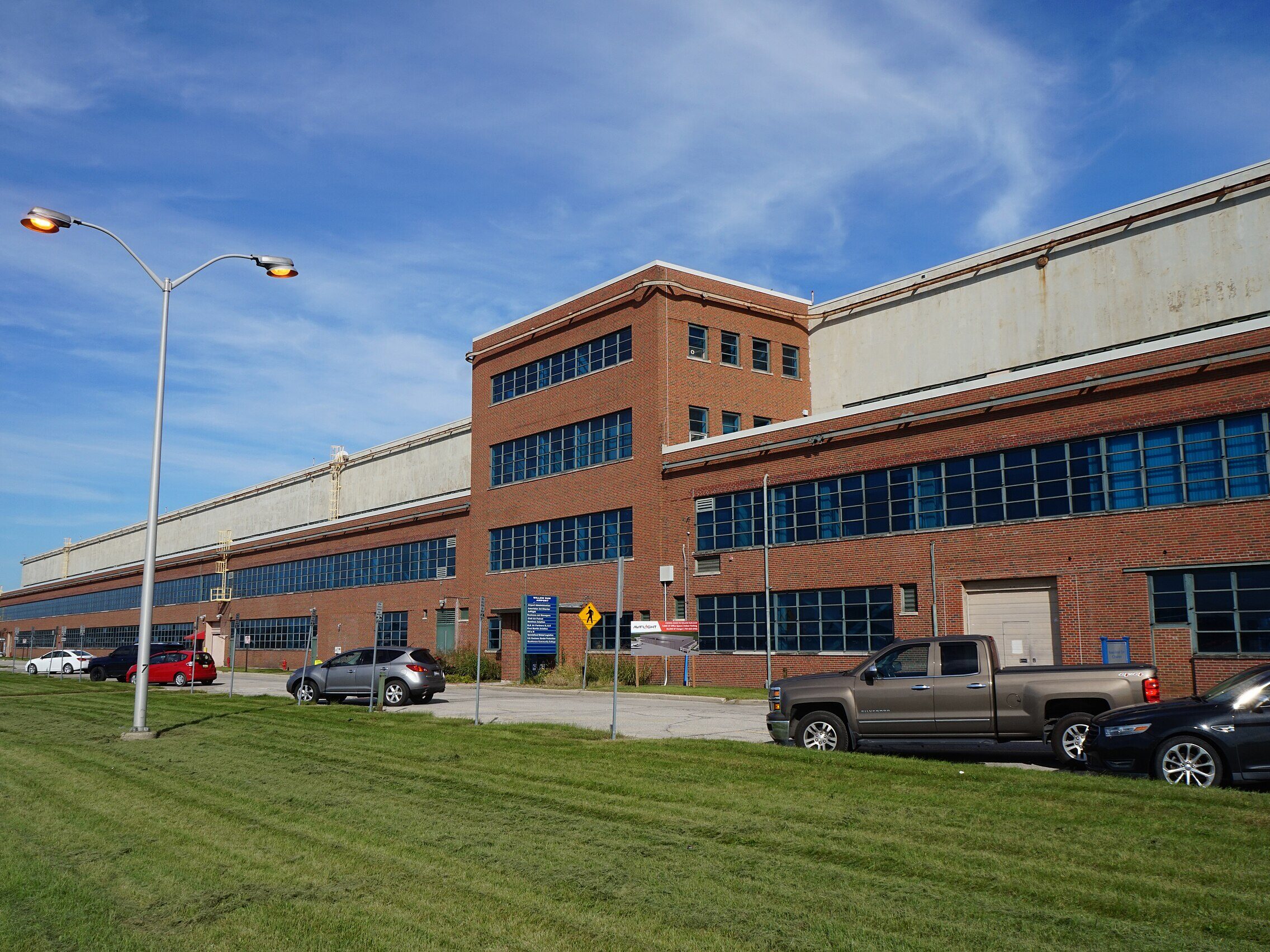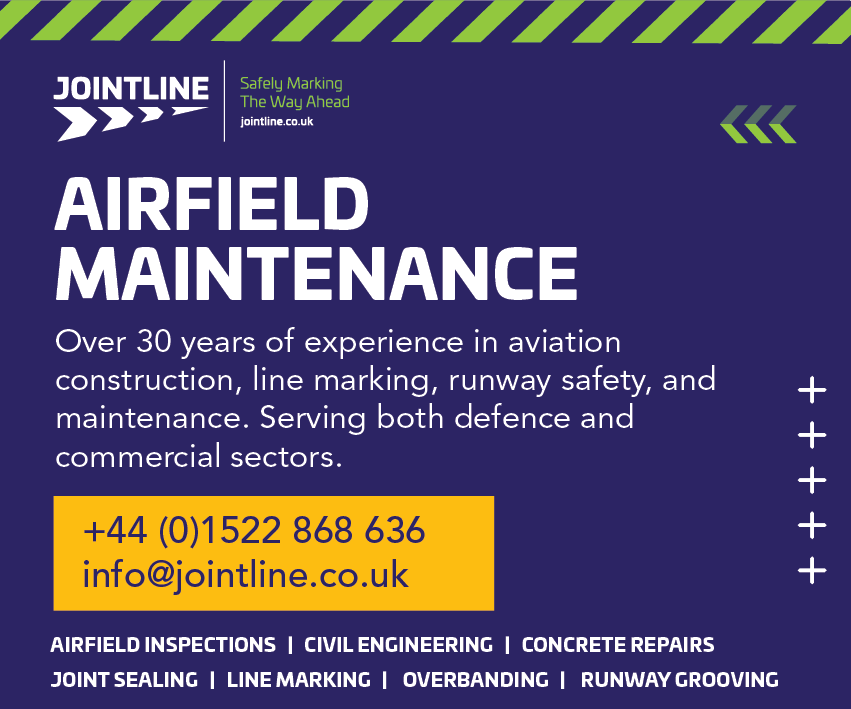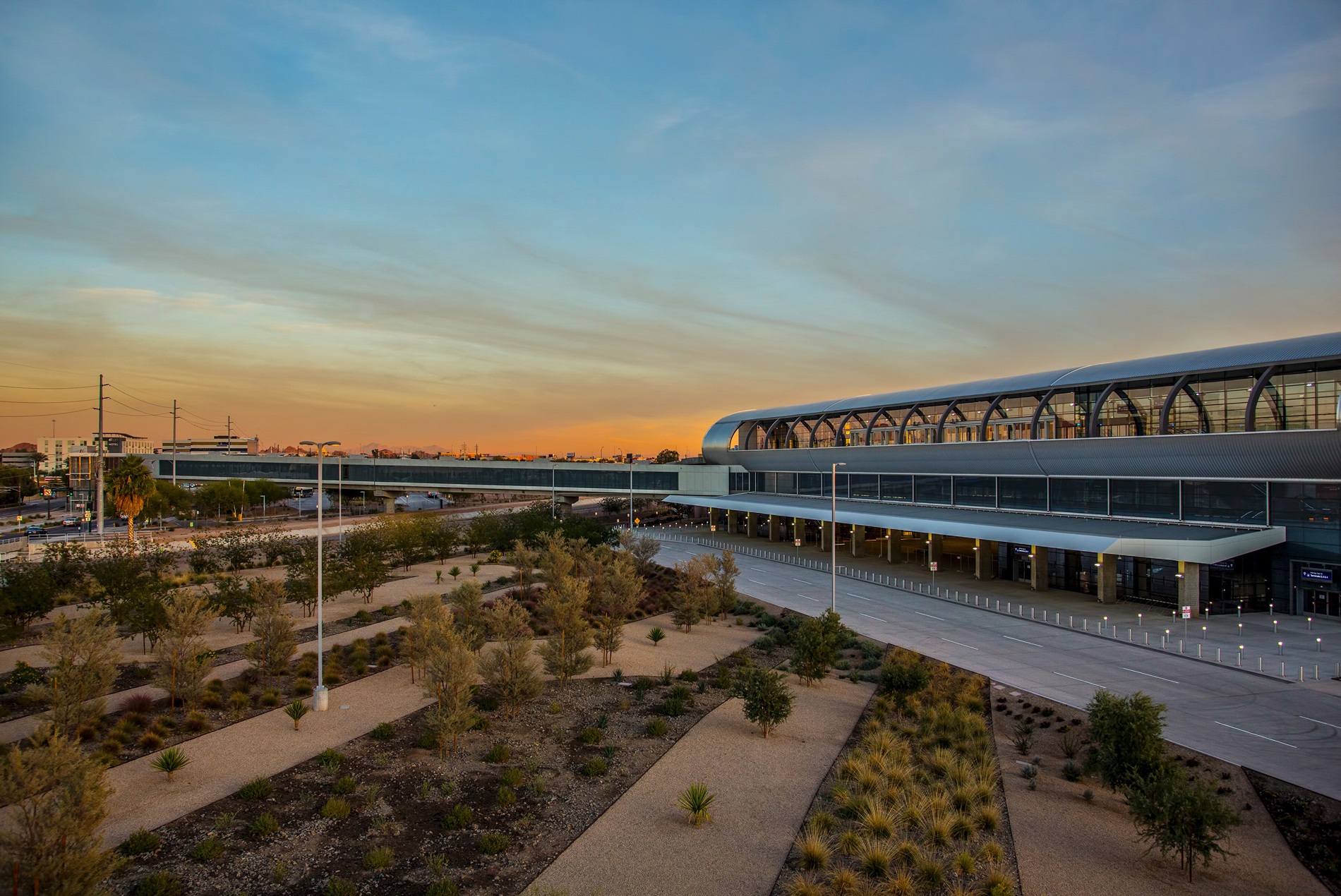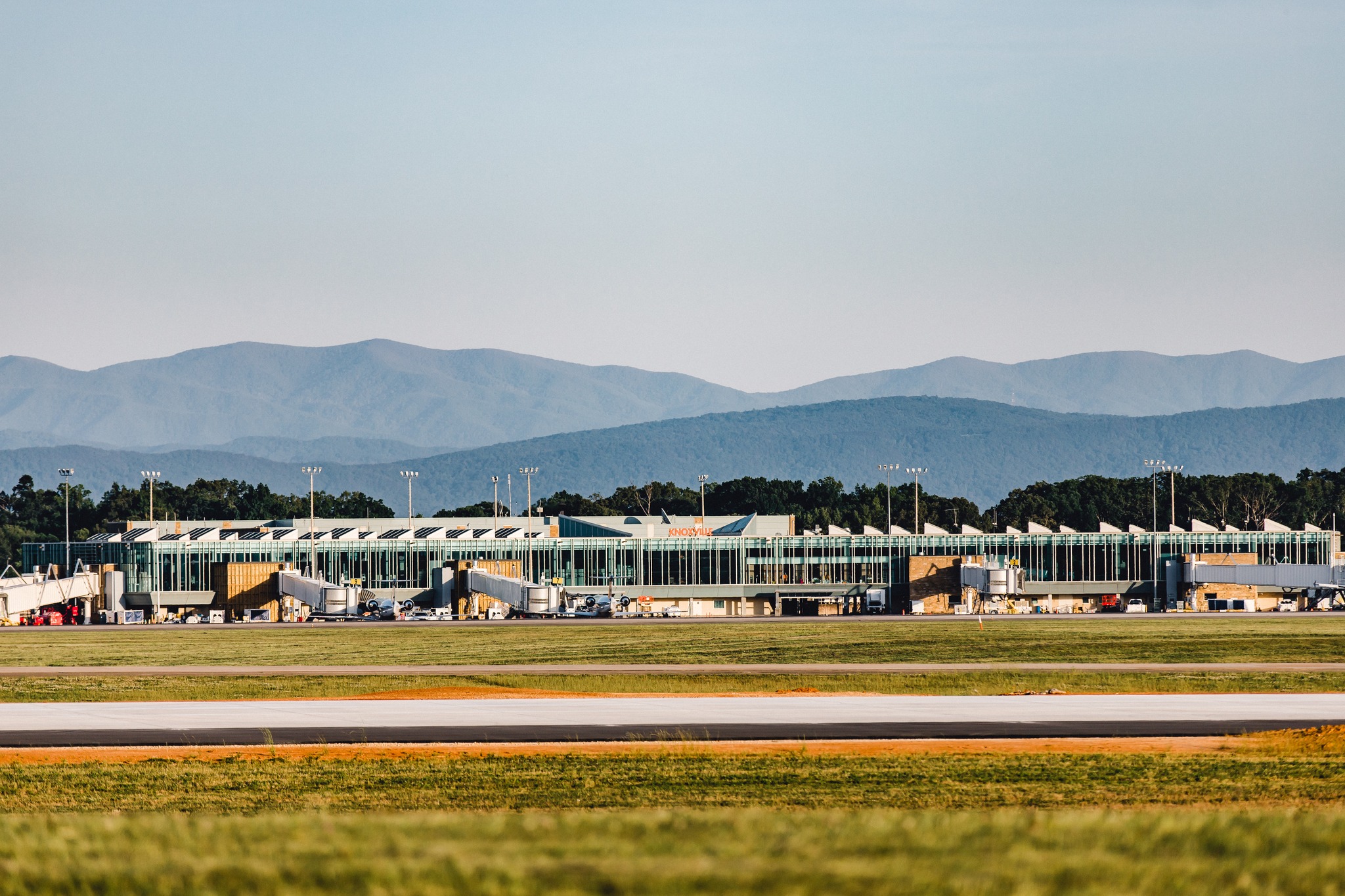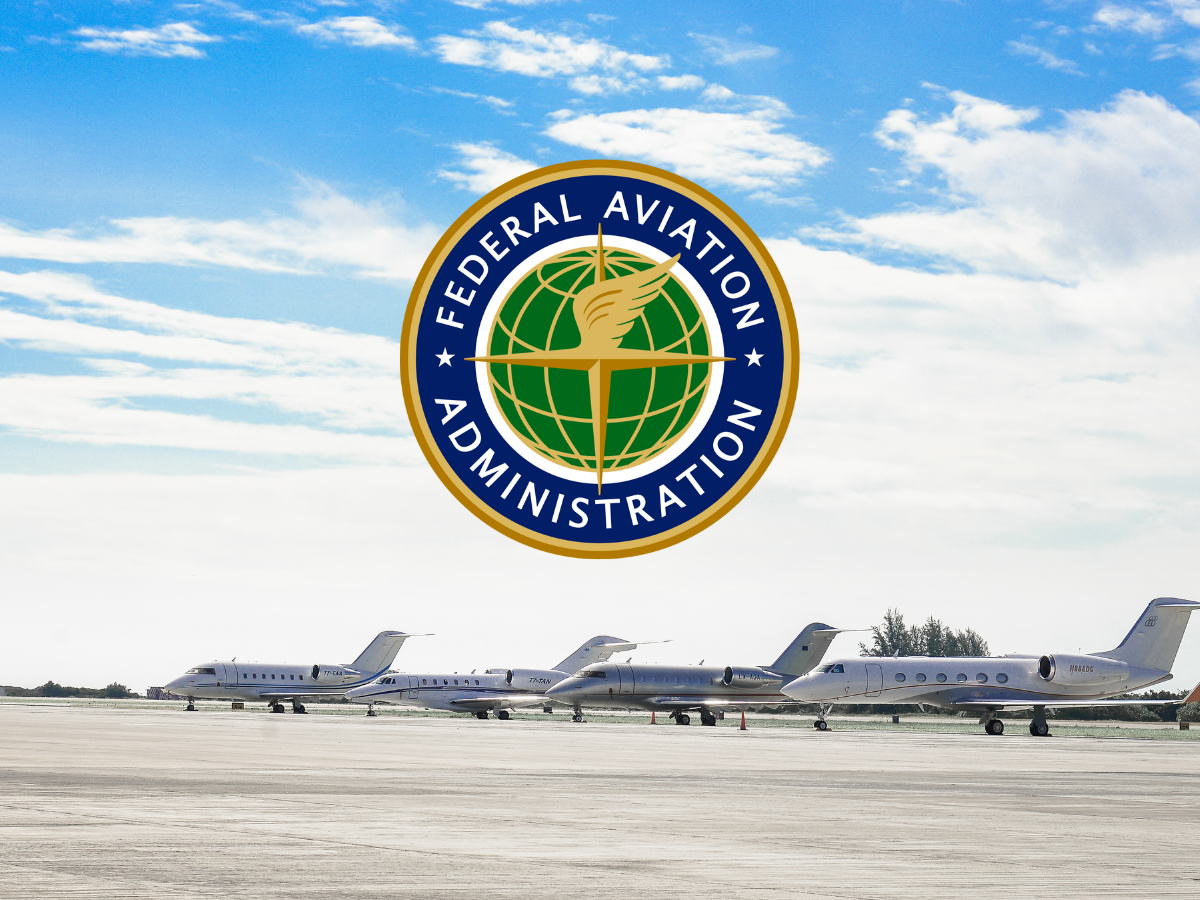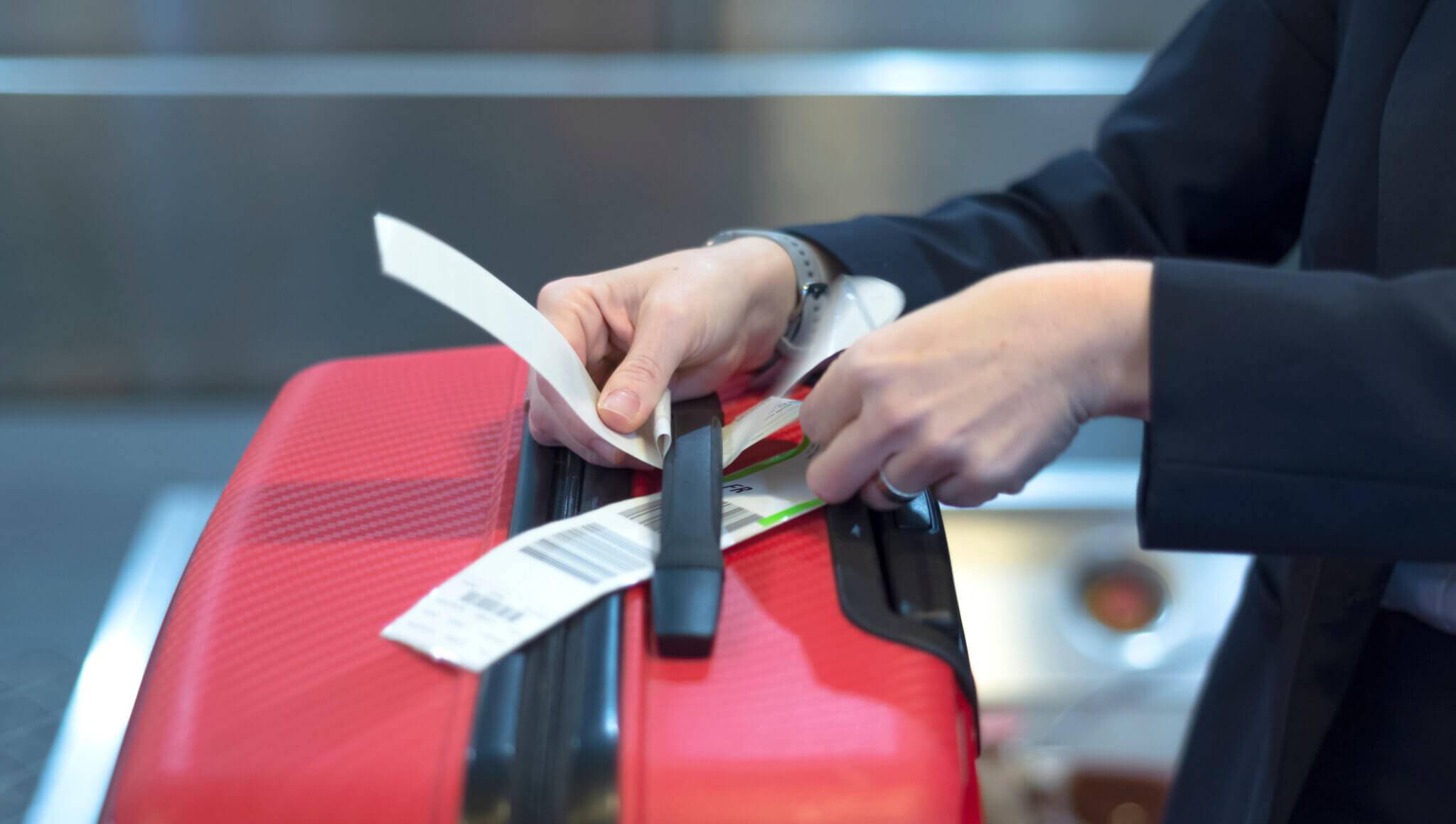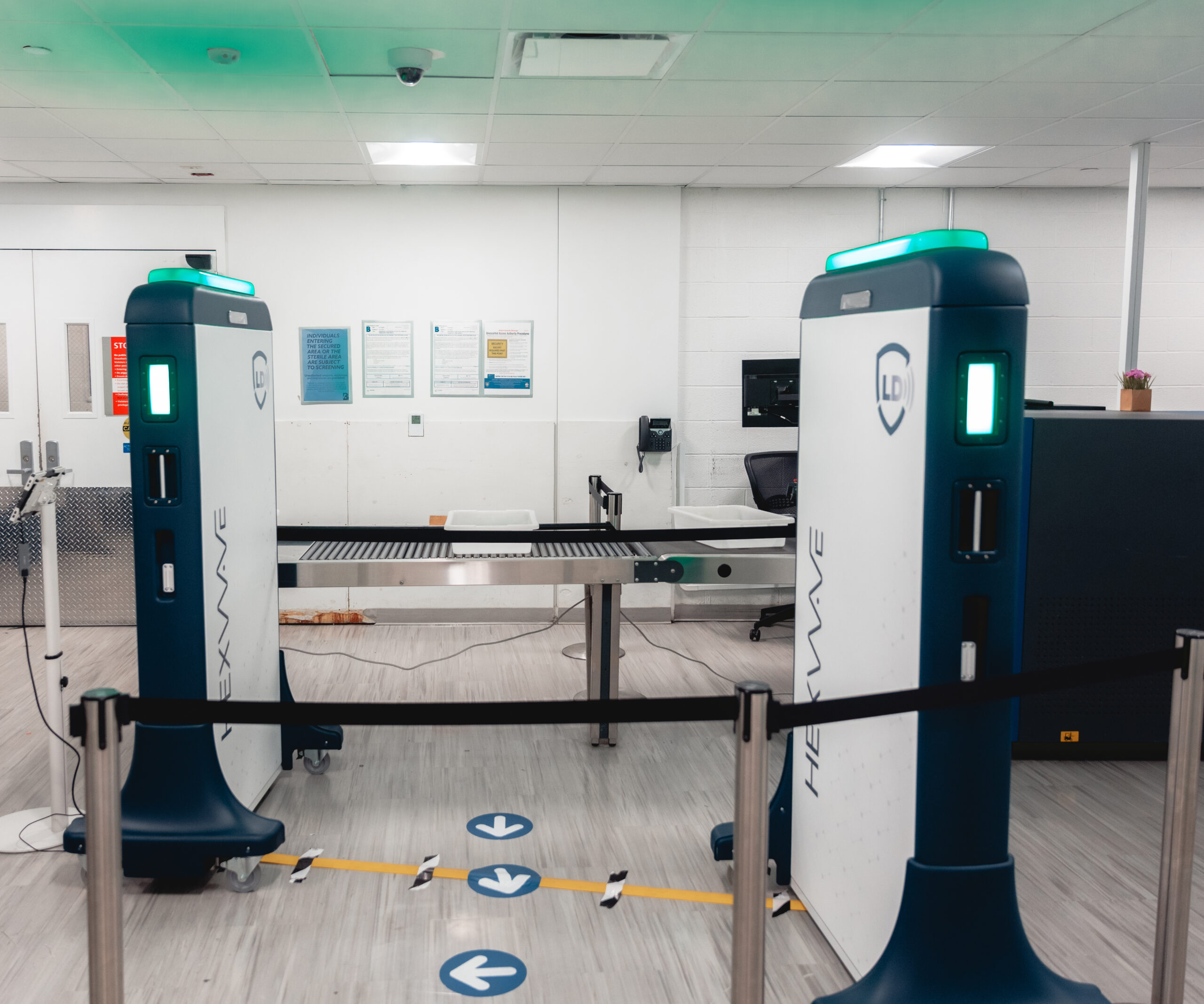In California, Oakland International Airport (OAK) has completed phase 1 of its Taxiway W Rehabilitation project.
This project involves a multi-year phased approach to improving one of the primary taxiways at OAK.
During phase 1, approximately 1,900 feet of Taxiway W was rehabilitated, covering the departure route for most aircraft using the runway.
Construction began in August 2023 and reached substantial completion in late 2023.

The project’s prime contractors included AECOM for design and DeSilva Gates Construction for construction.
The total cost for phase 1 was 28.7 million USD, 19.2 million USD of which was sourced from FAA grant funding via the Airport Improvement Program.
OAK implemented two unique solutions in this project phase, including the use of jet blast deflectors to safely allow construction crews and equipment to be closer to aircraft. This created efficiencies in construction and minimised impacts on airfield operations.
In addition, the project activated a temporary bypass taxiway around the construction site. This enabled the airport to maintain aircraft and airline access to Runway 12-30 during construction.
Phase 2 of the airfield project is now scheduled to begin later this year and will rehabilitate approximately 5,000 feet of Taxiway W. This will upgrade the primary arrival route, as well as the departure route for inclement weather conditions.
Bidding information for phase 2 can be found here.



